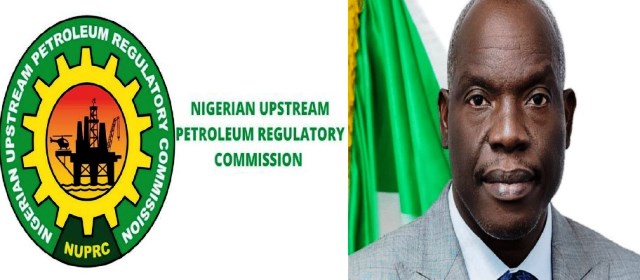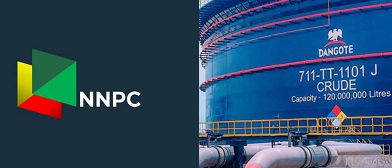Key Move to Address Petrol Supply Challenges
The Nigerian presidency has announced a decisive move to privatise the country’s state-owned refineries, including the Port Harcourt, Warri, and Kaduna facilities. The plan aims to address decades of inefficiency and heavy reliance on imported petrol, a situation that has drained Nigeria’s foreign exchange reserves.
Join our WhatsApp ChannelSunday Dare, the President’s special adviser on media and public communications, confirmed the development on Sunday through a statement shared via his official X account.
“The full privatisation of Port Harcourt, Warri, and Kaduna refineries is in progress,” Dare stated. However, he did not specify when the privatisation process would be completed.
Refineries Struggle Despite Heavy Investment
Nigeria’s four national refineries have remained mostly non-functional for over 40 years, despite trillions of naira spent on maintenance. This has led to a dependence on imported fuel, making the economy vulnerable to external shocks.
Dare expressed confidence in the benefits of the initiative, stating, “With full local refining gradually being met, the days of fuel queues will end.”
In August 2024, the Nigerian National Petroleum Company (NNPC) Limited announced plans to engage private operators to manage the Kaduna and Warri refineries. This initiative marked a shift toward integrating credible partners to enhance refinery operations.
READ ALSO: Nigerian Navy Intensifies Fight Against Illegal Refineries, Destroys 23 Sites
NNPC’s Collaboration with Private Operators
A circular issued by NNPC on its official X account outlined its search for experienced operations and maintenance firms to oversee the facilities.
“The Nigerian National Petroleum Company (NNPC) Limited seeks to engage reputable and credible operations & maintenance (O&M) companies to operate and maintain the Warri Refining and Petrochemical Company (WRPC) and Kaduna Refining and Petrochemical Company (KRPC),” the statement read.
The collaboration aims to restore the reliability of these facilities, a key component in stabilising Nigeria’s fuel supply and strengthening its energy security.
Ending Nigeria’s Fuel Dependency
Privatising the refineries is seen as a vital step toward achieving local self-sufficiency in fuel production. Industry stakeholders have called for transparency in the process to ensure success.
“With this plan, we aim to meet Nigeria’s fuel needs locally and eliminate the perennial scarcity,” Dare reiterated.
The move highlights a turning point in Nigeria’s energy policy, with the potential to reshape its economic landscape and reduce the burden of fuel imports on the nation’s budget.
Emmanuel Ochayi is a journalist. He is a graduate of the University of Lagos, School of first choice and the nations pride. Emmanuel is keen on exploring writing angles in different areas, including Business, climate change, politics, Education, and others.


















